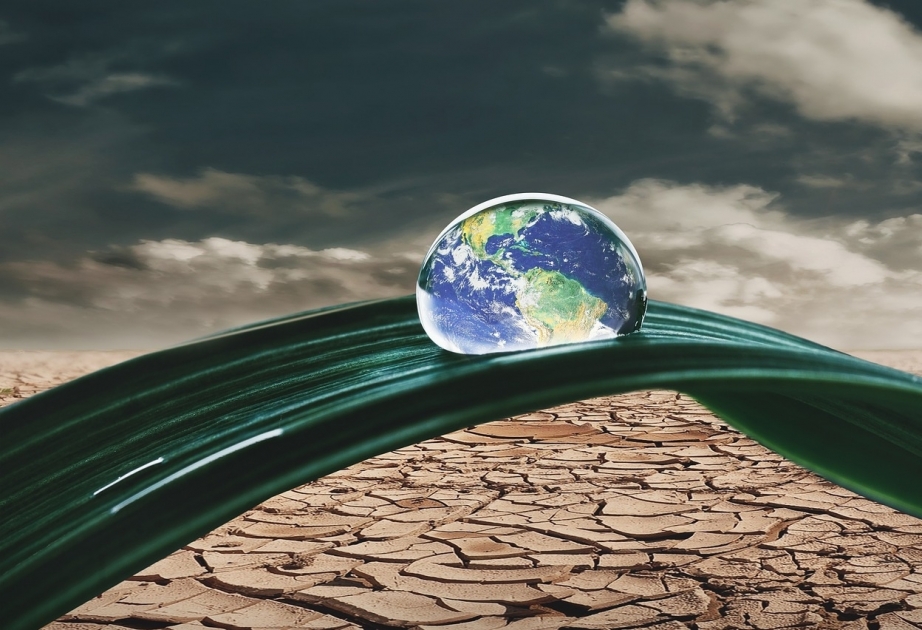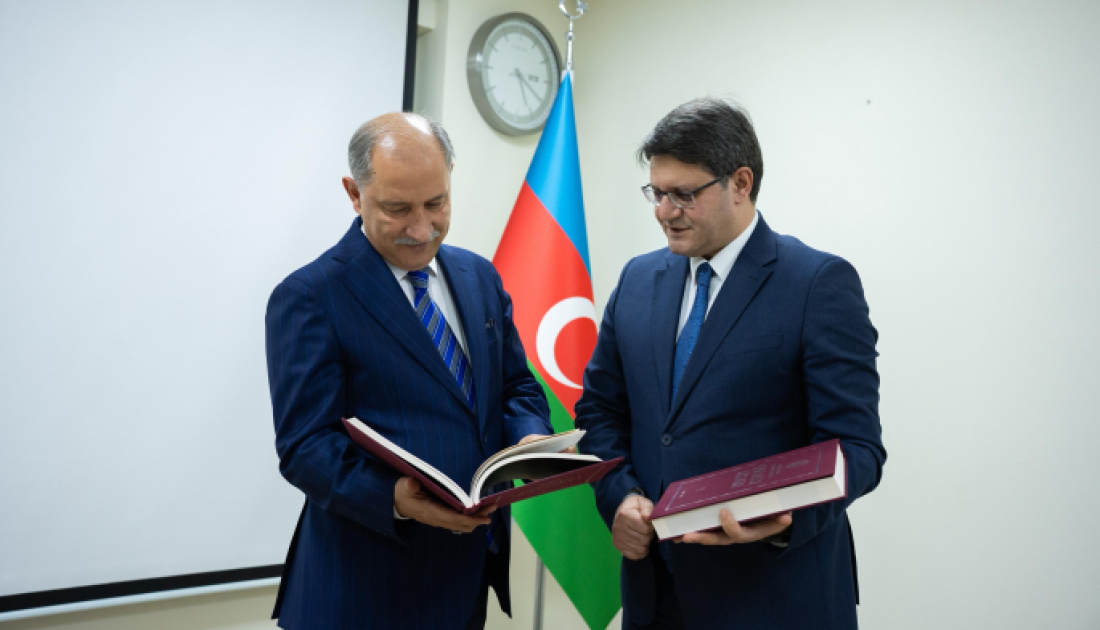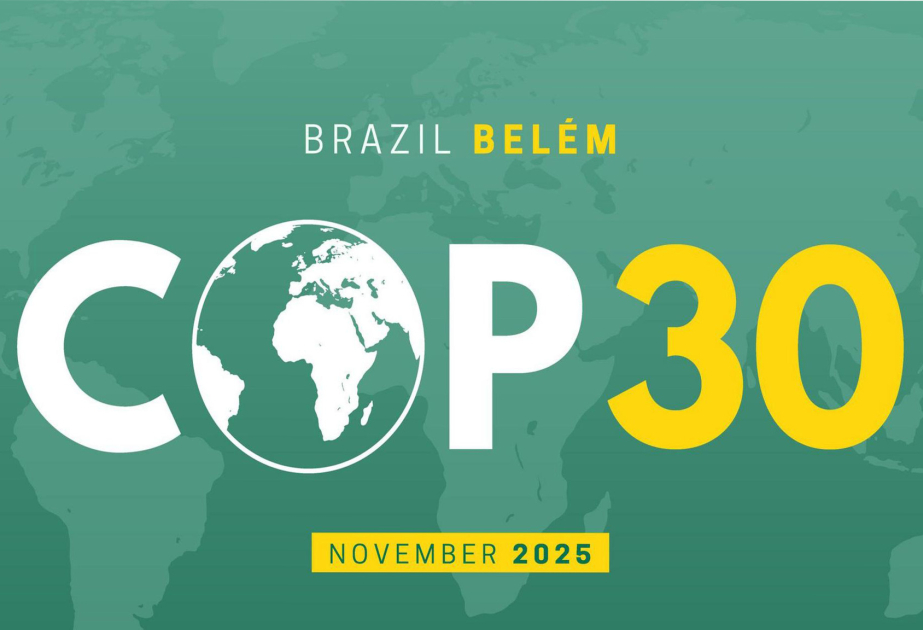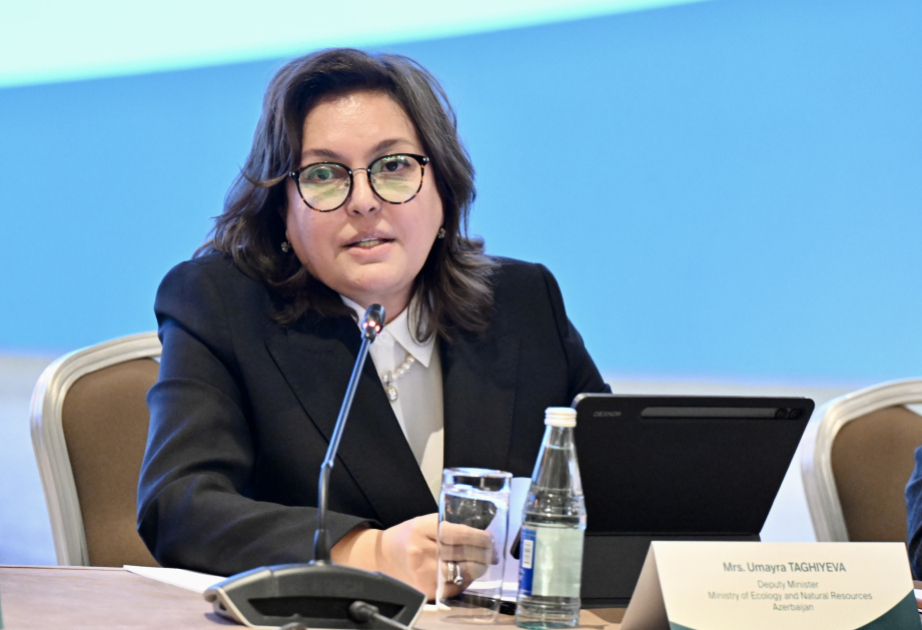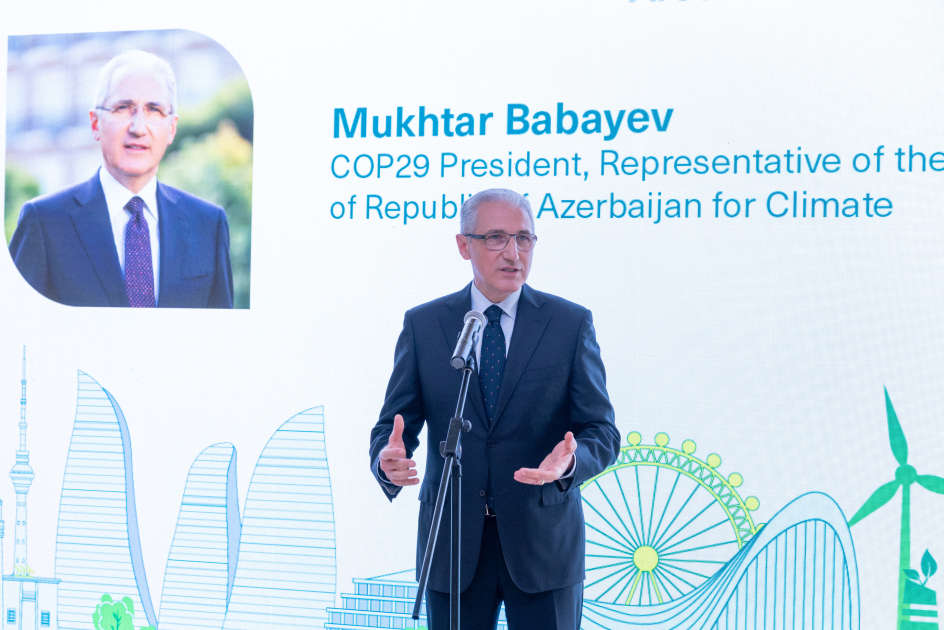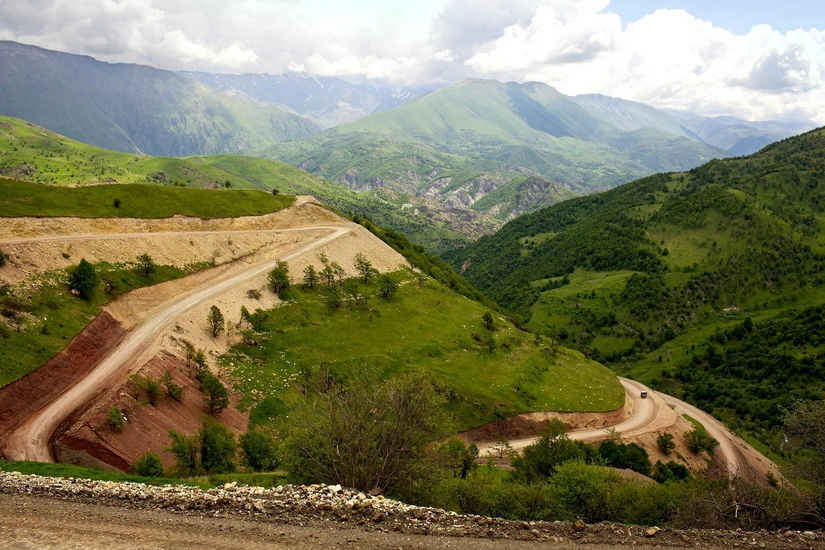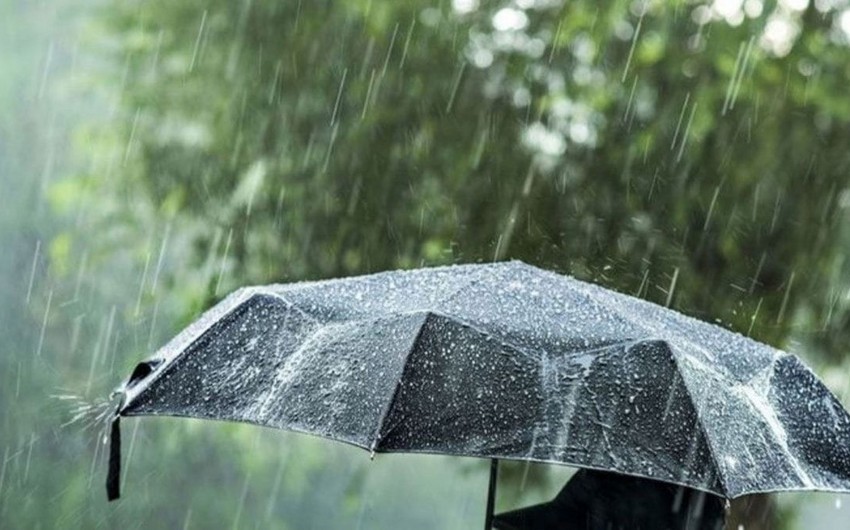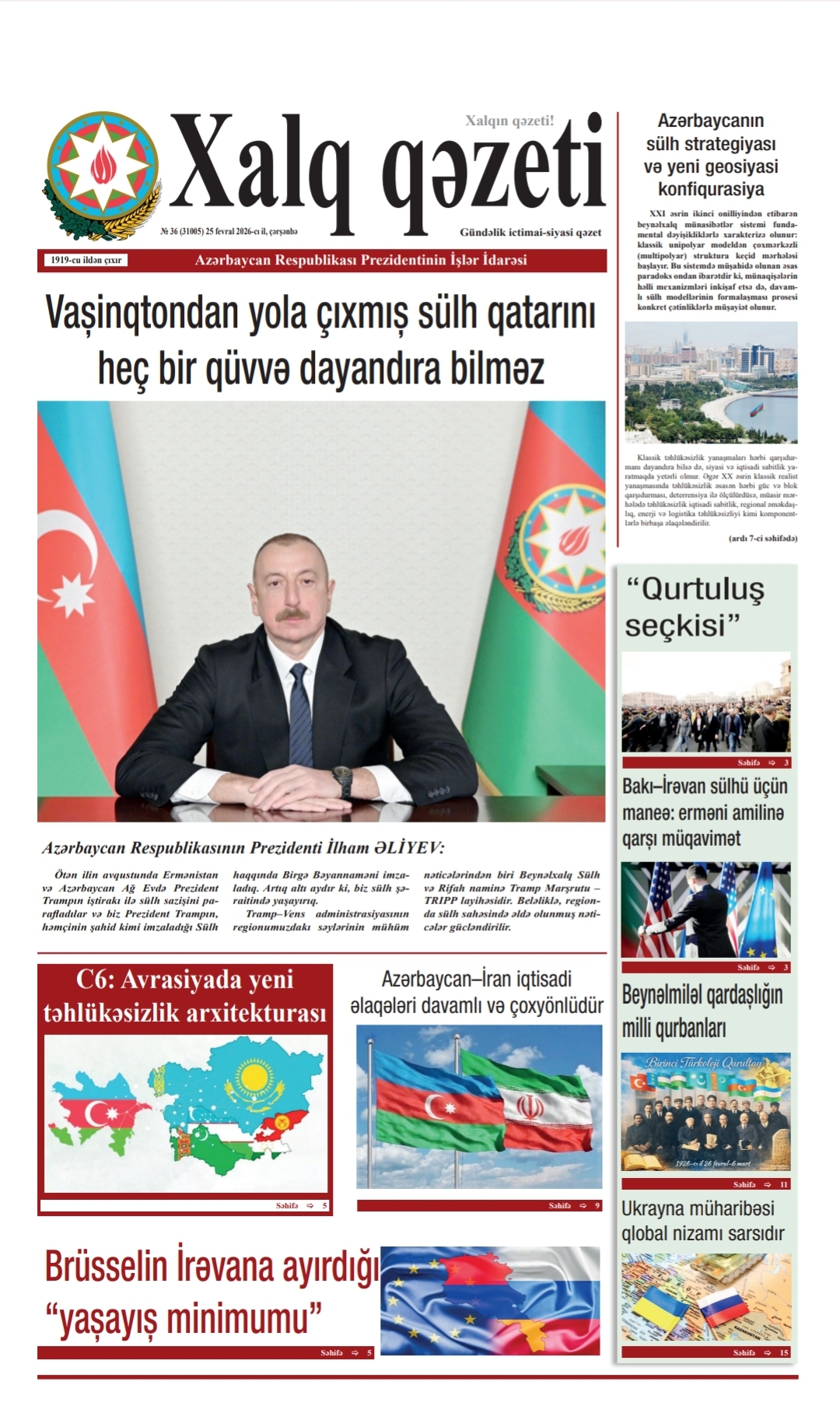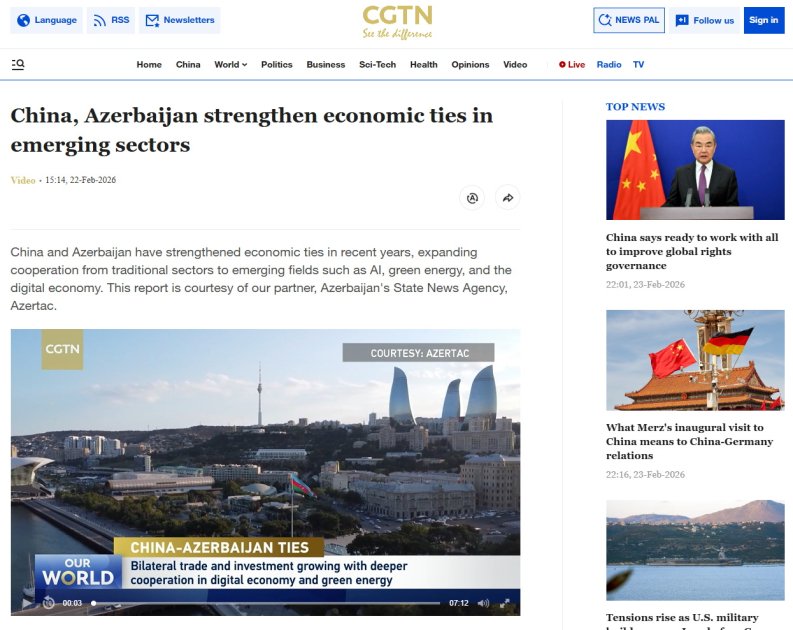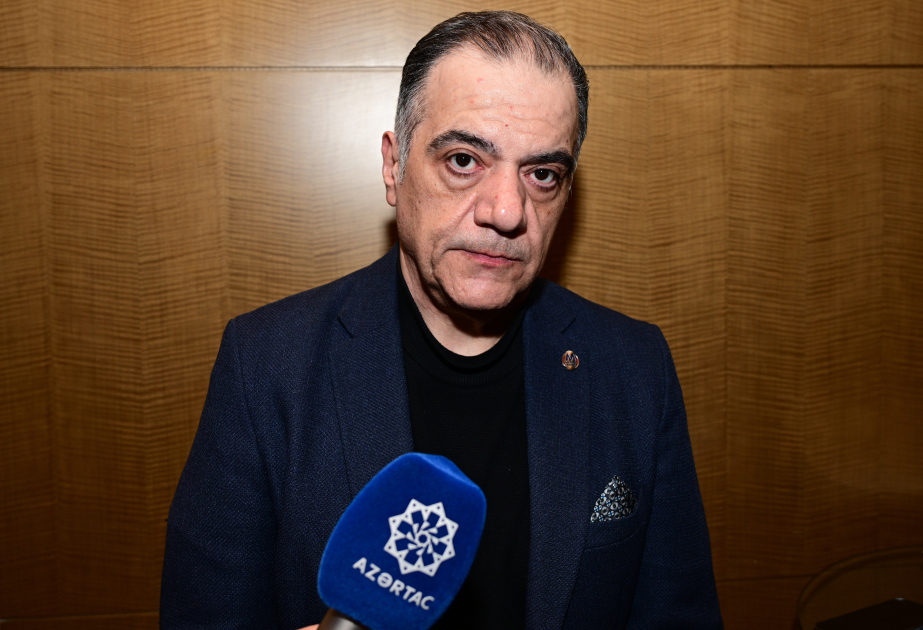The World Meteorological Organization warns that climate change is generating a global health crisis but says many of the ill effects can be tempered by adaptation and prevention measures, according to Voice of Africa.
The World Meteorological Organization reports the world is warming at a faster rate than at any point in recorded history. It warns climate change threatens to reverse decades of progress toward better health and well-being, particularly in the most vulnerable communities.
WMO Secretary-General, Petteri Taalas, said countries most at risk from climate change are in Africa and Southern Asia, where it fuels vector-borne diseases such as dengue and malaria. He says food insecurity is growing and increasingly more frequent heat waves are worsening the impacts of extreme weather events.
“For example," he said, "in the Horn of Africa, during the past three years, we have had very severe food insecurity situations, which was related to both heat and drought. And quite often in these episodes, when we have heat waves, we have also very poor air quality.”
WMO reports extreme heat causes more deaths than any other extreme weather event. Between 2000 and 2019, it estimates excessive heat killed nearly half a million people a year, with Asia and Europe particularly affected.
It says heat waves also worsen air pollution, which is responsible for an estimated seven million premature deaths every year and is posing increased risks as climate change kicks in.
Taalas said climate information and services can help manage extreme weather events, predict health risks, and save lives. He says early-warning systems for extreme heat and pollen monitoring to help allergy sufferers are very important.
Unfortunately, he added, well-functioning early-warning services in African countries and other states are very limited.
“One of the sectors where African countries do not have services are these health services," he explained, "and many African countries are not able to provide heat warnings for their populations and their authorities have limitations in coping with such warnings.”
Taalas said WMO has set up a major early-warning services program to help countries in Africa and elsewhere improve their management of environmental health and climate services.
He said countries can prevent human casualties and minimize economic losses from extreme weather events by improving their early-warning systems.


